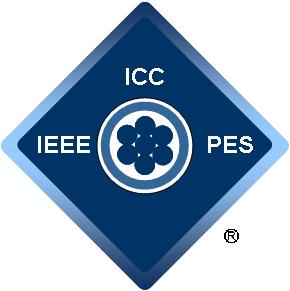

The ICC Website is changing. As this transition is made, our new format can be found at www.pesicc.org/ICCWP. Please send any comments or questions to mvh@voncorp.com.
George J. Anders received a Masters Degree in Electrical Engineering from Technical University of Lodz in Poland in 1973, and an M.Sc Degree in Mathematics and Ph.D. Degree in Power System Reliability from the University of Toronto in 1977 and 1980 respectively.
Since 1975 he has been employed by Ontario Hydro, first as a System Design Engineer in Transmission System Design Department of System Planning Division and currently as a Principal Engineer/Scientist in the Power Systems Technologies Department of Ontario Hydro Technologies. For several years, Dr. Anders has been teaching in the Faculty of Applied Science and Engineering at the University of Toronto and is the author over 70 technical papers and two books "Probability Concepts in Electric Power Systems", published by John Wiley & Sons, New York, 1990 and "Rating of Electric Power Cables" published in 1997 by IEEE Press and republished in 1998 by McGraw Hill and IEEE Press.
Dr. Anders' main areas of interest are: (1) application of probability methods to power system problems, (2) power cable thermal analysis and (3) application of advanced methods like neural networks and optimization theory in power systems. He is currently leading Ontario Hydro Technologies effort in the area of decision support and risk assessment tools and methodologies.
Dr. Anders is a registered Professional Engineer in the Province of Ontario and a Senior Member of IEEE.
Mohamed Chaaban received his B. Sc. degree (Mechanical Engineering) in 1975 from the Technical University of Budapest, his M. Sc. A. degree (Mechanical Engineering) in 1979 from École Polytecnique de Montréal, Québec, Canada and his Ph.D. in 1995 from Cocordia university in Montréal. He worked for 3 years as a hydraulic turbine design engineer at Canadian General Electric and, in 1981, he joined the Institut de recherche d'Hydro-Québec (IREQ), where he has been working on the modeling of heat transfer phenomena related to energy conservation and electrical equipment. His research activities covers the fields of numerical methods in heat transfer and fluid mechanics. He has developed several codes for heat transfer calculation in general and for cable ampacity and transformer hot spot calculation using the finite element technique, an area in which he is still very active.
Return to the Fall 1998 Homepage
